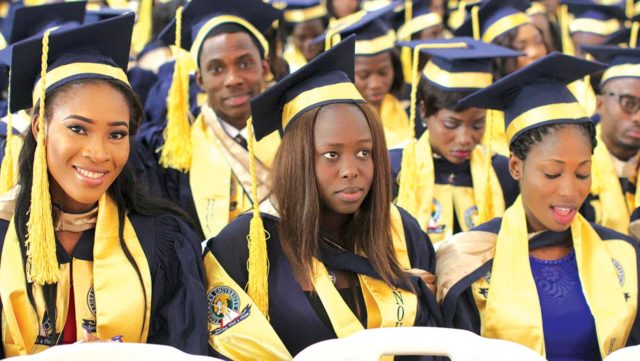This news was coined from This Day Nigeria. August 15, 2022.
Many solutions have been proffered on how to salvage the situation. They appear to have the propensity to defeat government’s educational policy. The reality is that Nigeria’s financial profile is not strong enough to support free education at all levels. Yet, free education is the way to go because not doing so will deny many Nigerian children access to education. As a developing nation, we cannot afford not to do it. We need as many educated people as possible for development and continued survival of our nation.
In other climes, where education is either free or highly subsidised, people pay for it through taxes. But our tax net is also too small to support this free education system. Nigerians often cite America or Europe where schools are more equipped than what we have here. The reality is people’s taxes make it happen in those places. In Nigeria, according to Joint Tax Board, only 10,006,304 Nigerians pay tax. That is 5% of Nigerians carrying the burden of 200m people. Whereas, in the United States where we often cite, of the 332,403,650 Americans, 144.3m of them pay tax. That is 43.4% of Americans carrying the burden of 332,403,650.
In the United Kingdom of 67.44m people, 31m pay tax. That is 46.2% of people carrying the burden of their compatriots. Nigeria is 5%. These realities don’t compare. Nigerians still compare anyway. The question is what is the best way to fund free education in Nigeria? To start with, if poverty is the question for free education, what is the answer?
Nigeria should not deny any Nigerian access to free education by charging astronomical fees. That has always been ASUU’s argument and that of poor parents. Rather, government should introduce Post-Schooling Tax where any adult Nigerian who have acquired free education through the public schools either primary, secondary or tertiary, and who are now working either in Nigeria or abroad, and below the age of 60, are mandated to pay a token back to the system annually so the free education system can continue. We should not be ashamed to put this in place. If 40 million Nigerians who attended public schools are captured and they are made to pay N50,000 annually, that will inject N2 trillion into the system every year.








